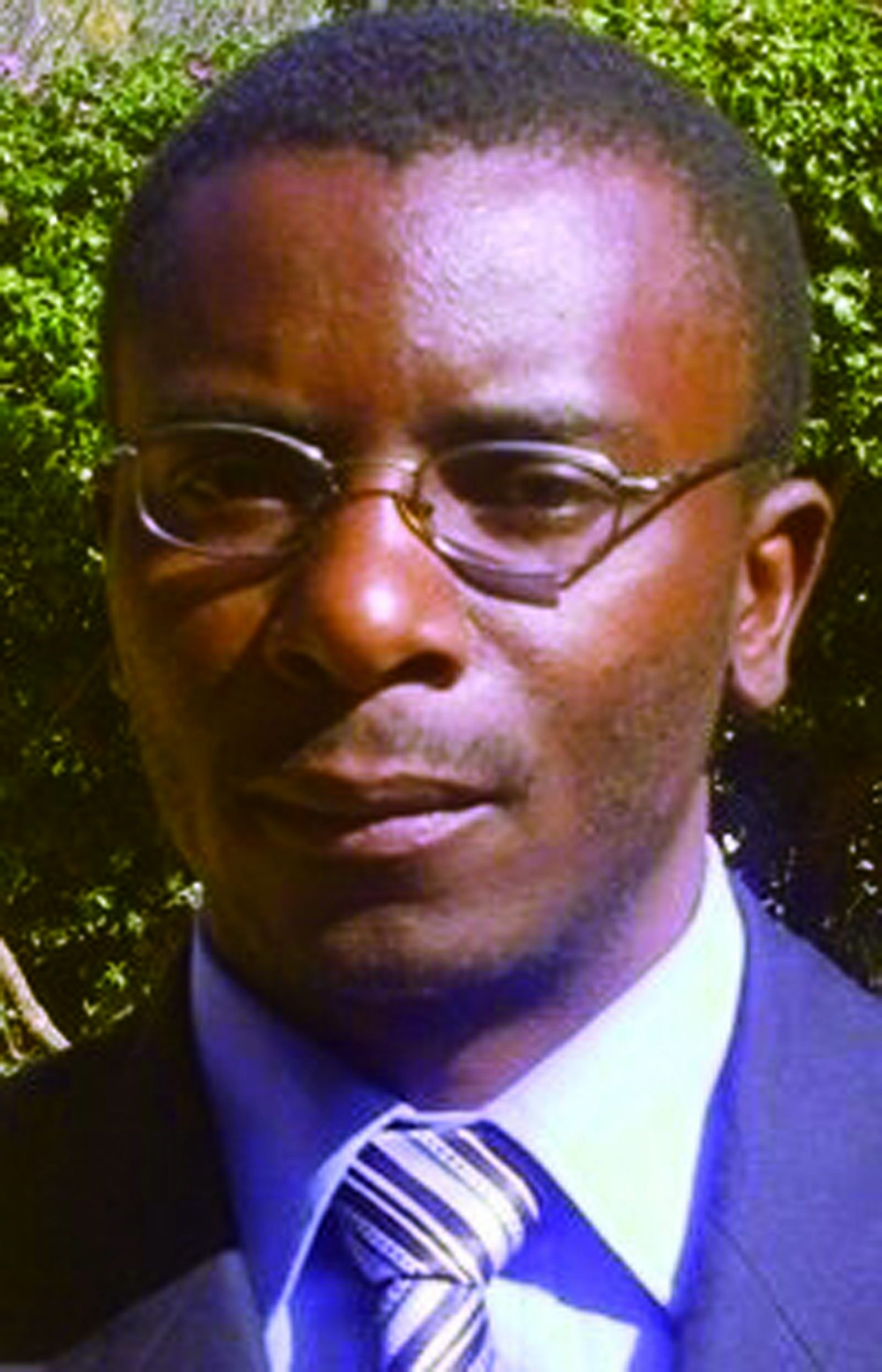
“There is nothing so useless as doing efficiently that which should not be done at all.” — Peter Drucker
On February 24 1964, upcoming boxer Muhammad Ali was facing the biggest fight of his young life. His opponent for the heavyweight championship was Sonny Liston, an intimidating man, a dominating fighter with a criminal past and ties to the mob.
Based on Ali’s uninspired performance against his two previous opponents, and Liston’s destruction of former heavyweight champion Floyd Patterson in two first-round knockouts, Ali was a 7 to 1 underdog.
During the prefight weigh-in, Ali made a scene, shouting at Liston “someone is going die at ringside tonight.” No boxer had ever done that before. Observers said Ali’s pulse rate was at above twice the normal at 120. People thought he was extremely scared and some even wondered if he was going to pitch up for the bout.
The outcome of the fight was one of the biggest upsets in boxing history. At the opening bell, Liston rushed at Ali, seemingly angry and looking for a quick knockout. However, Ali’s superior speed and mobility enabled him to elude Liston, making the champion miss wildly and look awkward. By the fourth round, Liston, unable to defeat Ali, resorted to dirty tactics. His corner applied an ointment to his gloves, pretending to be treating cuts to his face. The ointment caused Ali’s eyes to burn and he could not see. Still Liston failed to knock out a blinded man. Ali survived the round until sweat and tears rinsed the irritation in his eyes. Finally, in the 7th round, after pummeling Liston continuously at will, Ali won by a technical knockout and became the youngest heavyweight champion at age 22.

Ali started training in boxing at the age of 12. The win against Liston to become the new heavyweight champion happened after exactly 10 years since then. Ali had been training hard all these years, fighting numerous matches, fighting as an amateur then professionally, steadily rising up the ranks.
The training regime was gruelling but he never gave up. His trainer, Angelo Dundee, was one of the best in the world. Ali went on to win many other matches against more formidable opponents and he came to be recognised as one of the greatest athletes of the century.
- Chamisa under fire over US$120K donation
- Mavhunga puts DeMbare into Chibuku quarterfinals
- Pension funds bet on Cabora Bassa oilfields
- Councils defy govt fire tender directive
Keep Reading
What was Ali’s secret to winning?
Experts who have studied human behaviour agree that a person who learns an unfamiliar and complicated new skill becomes an expert at it after 10 000 hours of practice. Most high skill professionals, like lawyers, doctors, accountants, architects, engineers or airline pilots, become fully qualified to practise after four to five years of training or internship. This is roughly the equivalent of 10 000 hours when one practises six to seven hours daily.
So starting a business is just the beginning. You need to put in the hours of practising essential business skills until you become an expert. The secret is to practise, practise and practise. You practise until you become brilliant at what you do. A business becomes successful when it has a full complement of brilliant people. You and your people must become very good at what you do in order for your business to become outstanding and win against ruthless and eager competitors that you have no choice but to face in the market every day.
The tough economic environment we are operating in requires fast, agile and lean companies that can quickly manoeuvre as circumstances change. Successful entrepreneurs do not rely on external circumstances for their results. They create their own results. As Stephen Covey said as the first of his Seven Habits of Highly Effective People, you need to be proactive if you want to win. This means taking responsibility for your own life and your business. You do not blame things that you cannot change but you choose your response.
Your behaviour, the things you practise a lot at, become your habits which will shape the results you will get. All human beings consciously decide the things they are going to do, the activities they are going to engage in. Therefore, the question every entrepreneur needs to ask when making any decision is, “Will this activity add another level to my brilliance?”
A sport person who misses training sessions or smokes gets heavily punished, like what happened to Arsenal goalkeeper Szczesny recently who got fined £20 000. Why? They will be reducing the brilliance needed in order to win.
Similarly, any serious businessperson must not slacken on improving their skills and those of their staff; innovating, providing better products and offering better service to their customers. It is a continuous process that is necessary if you want to win and stay on top. Muhammad Ali did not become “the greatest” by resting. He worked hard to get the results he wanted.
Remember what Aristotle said: “We are what we repeatedly do. Excellence, then, is not an act, but a habit.” Until next week, keep on accelerating your growth.
l Phillip Chichoni is a business development consultant who works with SMEs and entrepreneurs. You may contact him by email, [email protected]. You can also visit http://smebusinesslink.com











